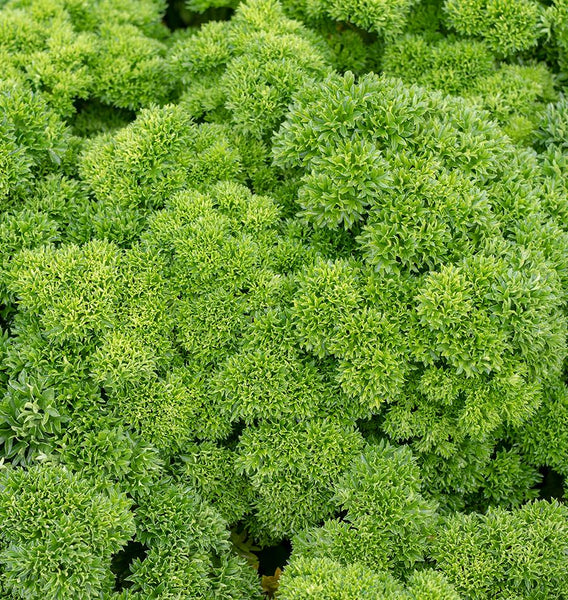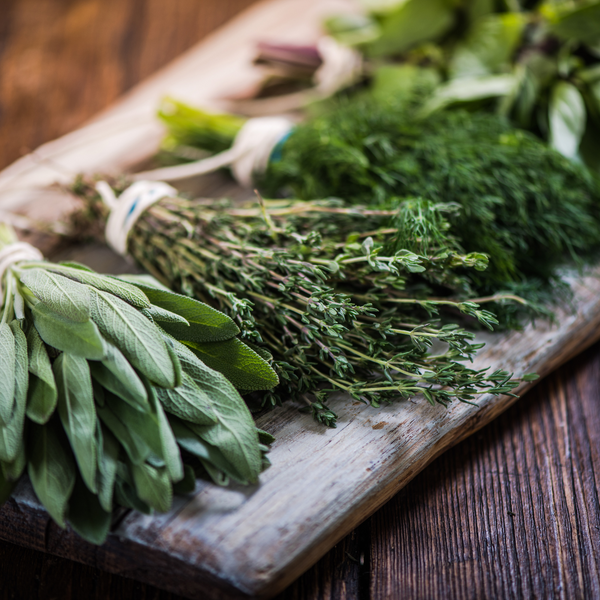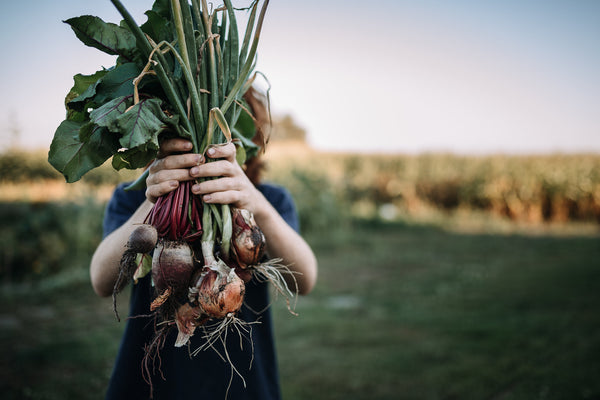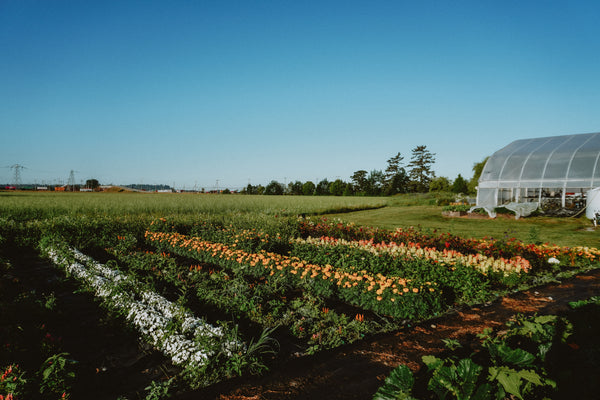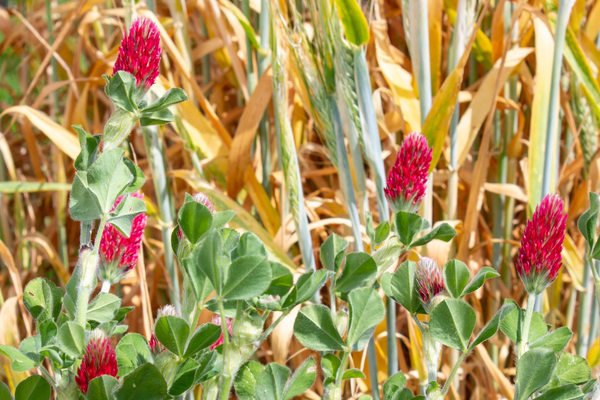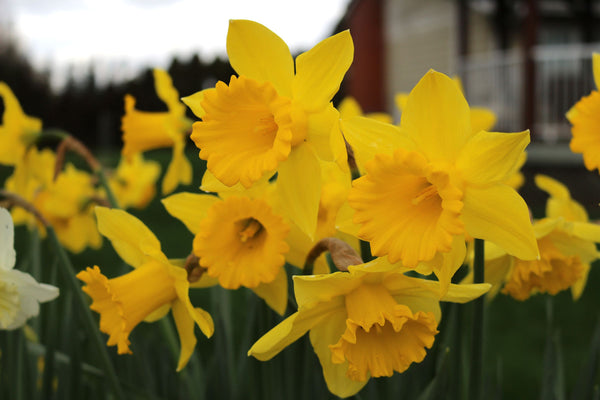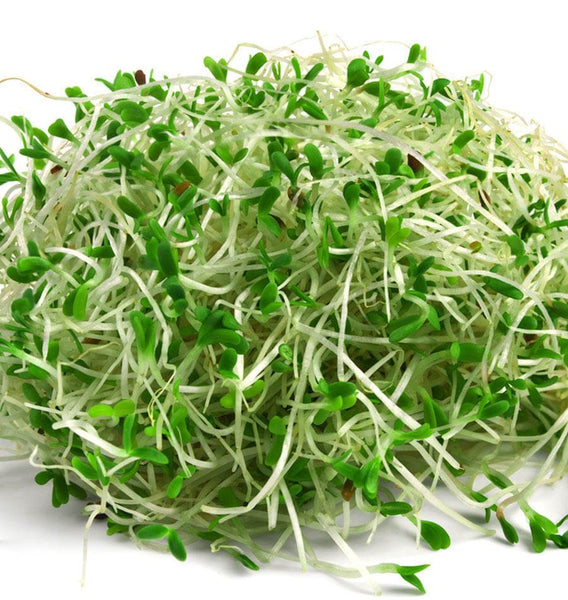Eggplant (Solanum melongena)
Eggplants have been in cultivation for around 4,000 years in the region of modern Pakistan, India, and Burma. The species name melongena is derived from the ancient Sanskrit name for the plant. Until only a few hundred years ago, the plants were widely regarded with suspicion in Europe and referred to in England as “mad apples” because of their association with deadly nightshade, another member of the Solanum family. It is said that in India alone, there are as many as 2,000 different eggplant cultivars.
The plants grew in popularity in the Middle East, North Africa, and extensively around the Mediterranean region where it remains an essential ingredient today. It is said that the regal purple colour appealed to the French king Louis XIV, who requested it to be included in his gardens. White fruited plants became popular in England, hence the name “eggplant,” but in the UK today, they are almost exclusively known as aubergines, after the Catalonian name Aberginia.

China is the largest grower of eggplants, producing over 18 million tons every year. Grown in a tropical setting, the plants are perennial, but we usually grow them as annuals, encouraging fruit to set in the first year and then disposing of the spent plant.
Eggplant seeds are relatively slow to germinate, and will probably take 10 days or longer. Soil heated from beneath is likely to speed germination and help young plants develop. Aim for around 27°C (just over 80°F). Sow indoors as long as 12 weeks before the last frost to give them a really good head start. Being tropical, eggplants need the very warmest part of the garden, but don’t grow them where any of their Solanum relatives (tomatoes, peppers, and potatoes) were planted the previous year. Add humus to the soil to promote drainage and fast growth, and consider using black plastic mulch or black landscaping fabric to trap heat in the soil. All eggplants work well in the greenhouse.

The consumption of eggplant is thought to block the formation of free radicals, agents that may contribute to schizophrenia, Alzheimer’s, and Parkinson’s disease. Curiously, eggplants contain quite high levels of nicotine—but not nearly as high as second-hand cigarette smoke. Eggplants are also rich in potassium and folic acid.
The little town of Loomis, just northeast of Sacramento, California, has hosted the annual Loomis Eggplant Festival for over 20 years. The festival features an historic look into Loomis’ rich agricultural past, live music and dancing on two stages, a farmers market, corn maze, petting zoo, chicken races, and samples of eggplant ratatouille cooked by the mayor himself.
